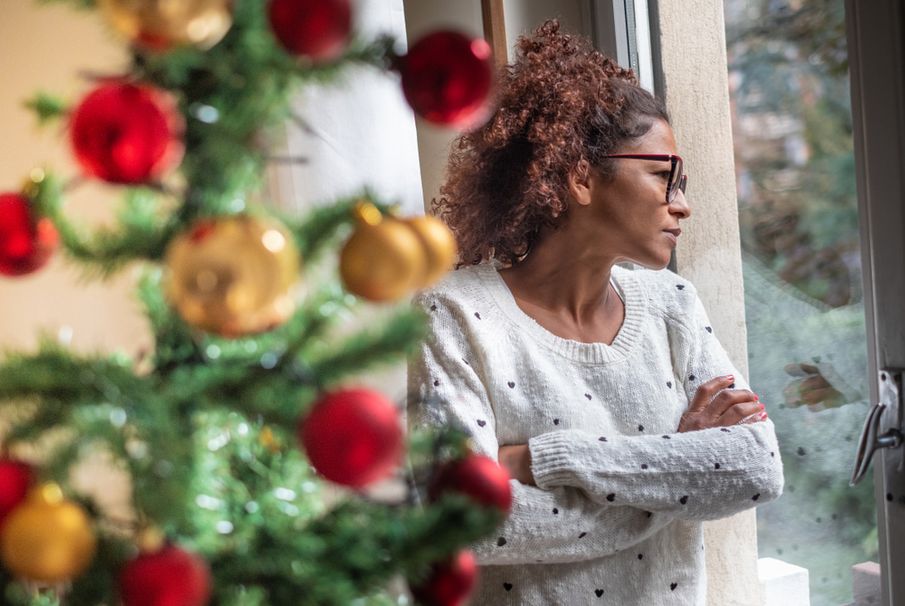If the thought of social gatherings over the festive period makes you uncomfortable, we’ve got six tips to help you manage social anxiety
For anyone struggling with social anxiety, Christmas is often a time when the festive cheer is replaced with a heightened sense of fear. And although the opportunities to socialise may come with the expectation of goodwill and cheerful times, it doesn’t mean that feelings of social anxiety will ease.
Social anxiety is an overwhelming, persistent fear of social situations, specifically relating to the fear of being watched or judged, saying the wrong thing or embarrassing yourself. This mental health condition can affect all areas of your life – even your ability to do everyday tasks. And, it is very common.
The festive period can increase the pressure to say yes to more social outings, so, at a time when there are multiple friendship, work, and family groups to catch-up with, here’s how you can navigate the festive season with social anxiety.
1. Enlist a confidante
Share your thoughts and worries with a trusted member of your family or friends, someone you feel comfortable with. If an event gets too much, you’ll have support in place to spot the signs of your heightened anxiety or the trigger, and comfort you if needed. In sharing your worries, you can also manage your family’s expectations of you.
2. Learn to say ‘no’
Knowing your boundaries is important at Christmas, as increased social interaction and forced cheer can add pressure to portray the ‘perfect festive attitude’. But if a certain social event is bothering you, or there are too many events going on, politely decline.
It’s perfectly acceptable not to attend something, but be mindful that you don’t fall into a cycle of not attending anything, feel guilty for missing out, and then remain disconnected all the time. Take small steps to push your boundaries, but be aware of your triggers.
3. Challenge your thoughts
On the flip side, learning to identify and challenge real- life examples of automatic negative thoughts associated with social environments, can go a long way in combatting social anxiety.
Take a recent situation where you felt uncomfortable, and break it down into bite-size pieces. Identify the specific negative thoughts you had, and write them down.
Try to challenge a negative thought and provide a plausible alternative. For example: “She was yawning throughout our conversation. That must mean I’m really boring.” Instead, practise replacing that thought with the focus on the other person: “She was yawning a lot at the event, perhaps she had a bad night’s sleep.”

4. Avoid the comparison trap
Christmas can be a particularly difficult time if you struggle with comparing yourself to others. Party dresses, presents, New Year plans, and even festive food, can add to a catalyst of low self-confidence and anxiety.
It’s easier said than done, but be gentle with yourself. If you’re in the presence of other people (be it virtual or other means), you’ve already taken a big step forward, and that’s worth celebrating.
5. Switch to an external focus
When specific events or situations arise that enhance your anxiety, try to focus on the people around you, and really listen to what they’re saying. This will help your physical signs of anxiety to settle, and encourage you to tune out of negative thoughts.
If you’re constantly focusing on your body betraying your nervousness, the obsessive concentration will further fuel your anxiety. You can’t pay attention to two things at once, so try to switch to an external focus.
6. Plan ‘you-time’
As with any part of life, ‘you-time’ is particularly important to rebalance, de-stress, and spend some time doing the things you enjoy as just you, as opposed to ‘we’. Our everyday routine is often disrupted at Christmas, so ensure you have some uninterrupted time, and a space where you can retreat, to ensure you reconnect with yourself and your needs.


Comments